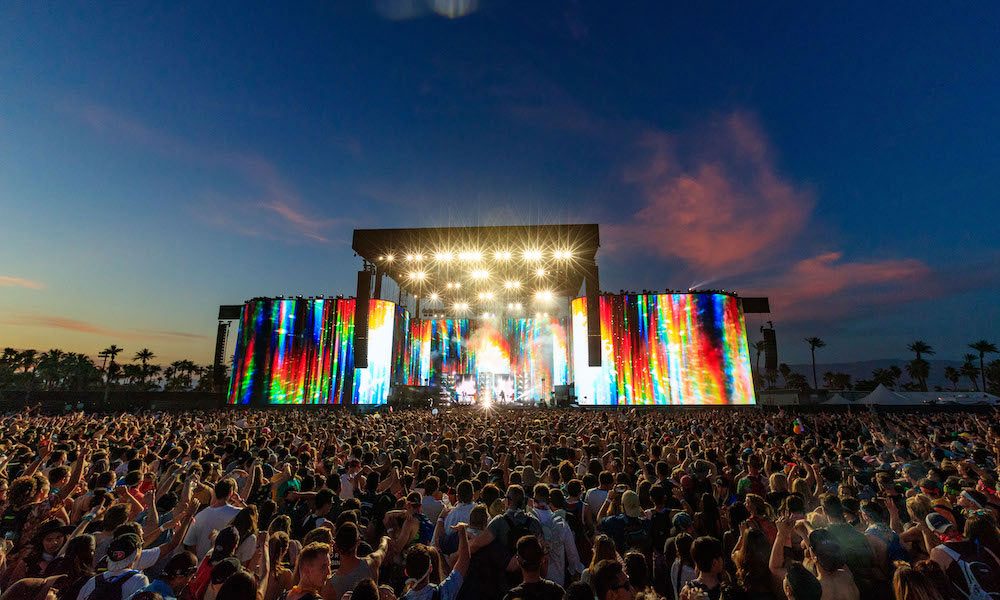Music festivals are a popular way to bring people together in celebration of music and the arts. These events can range from small, intimate gatherings to large-scale productions that attract thousands of attendees. Regardless of size, organizing a successful music festival requires careful planning, coordination, and attention to detail.
In this guide, we will discuss the key elements involved in organizing a stellar music festival. From securing a venue to booking performers and promoting the event, we’ll cover everything you need to know to put on a memorable and successful festival.
Choosing a Venue
The first step in organizing a music festival is choosing the right venue. The location of your event will play a significant role in its success, so it’s important to consider factors such as accessibility, capacity, and amenities. Some popular venue options for music festivals include parks, fairgrounds, and concert halls.
When evaluating potential venues, make sure to inquire about any necessary permits or licenses required for hosting a large event. You’ll also want to consider the logistics of setting up and providing electricity, water, and other necessities on-site.
Booking Performers
The lineup of performers at a music festival is often a major draw for attendees. It’s essential to research and book a diverse mix of talented artists that will appeal to your target audience. When reaching out to performers, make sure to provide details on the date, location, and type of event.
You’ll also need to negotiate performance fees and discuss any technical requirements such as stage setup, sound equipment, and lighting. Keep in mind that some performers may require a deposit or advance payment to secure their spot.
Promoting the Event
Effective promotion is crucial for attracting attendees to your music festival. Utilize social media platforms, email marketing, and traditional advertising methods to spread the word about your event. Consider partnering with local businesses or organizations to reach a wider audience.
In addition to promoting the event, it’s also essential to keep attendees informed leading up to the festival. Provide updates on performers, any schedule changes, and important reminders such as parking or entry instructions.
Managing Logistics
The logistics of a music festival can be overwhelming, but with proper planning, they can be managed smoothly. Consider hiring a team or recruiting volunteers to help with tasks such as ticket sales, security, and event setup. It’s also important to have a contingency plan in case of unexpected issues such as inclement weather.
Don’t forget about the smaller details that can make a big difference for attendees. Arrange for portable toilet rental services from Nevada to ensure adequate restroom facilities are available throughout the event. It’s also helpful to provide food and beverage options and consider accessibility for disabled attendees.
Creating an Unforgettable Experience
A successful music festival is more than just a lineup of performers. To create an unforgettable experience, consider incorporating activities and attractions that will enhance the overall ambiance of the event. This could include art installations, food trucks, or interactive experiences such as workshops or games.
Offering different ticket options such as VIP passes or early access can also make the event more appealing to attendees. Don’t forget about providing basic amenities such as shade and seating areas for attendees to rest and recharge throughout the day.
Organizing a music festival takes time, effort, and attention to detail, but with proper planning and execution, it can be a hugely rewarding experience. By choosing the right venue, booking talented performers, promoting effectively, managing logistics, and creating a memorable experience, you can put on a stellar music festival that attendees will remember for years to come. So start planning and get ready to rock!
Do you have any tips or experiences organizing a music festival? Share them in the comments below! Let’s continue to elevate and celebrate the power of music festivals.
